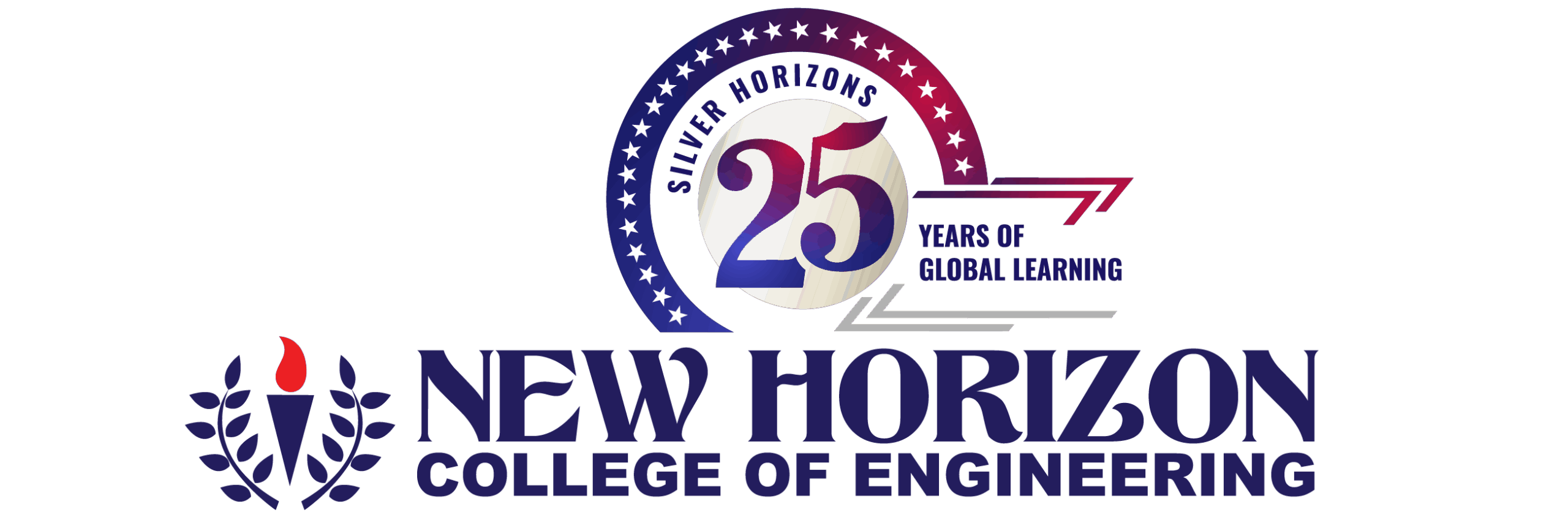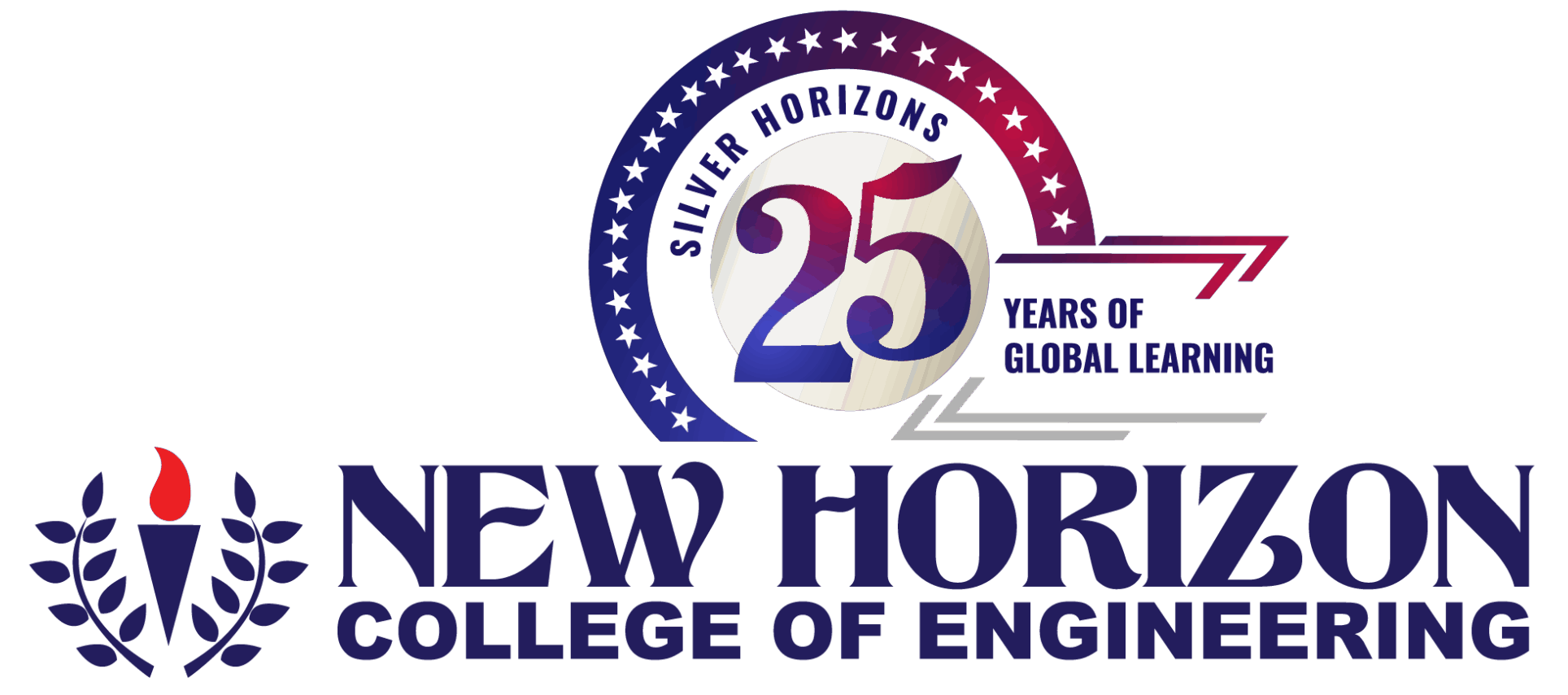Blog
Redefining Engineering with Artificial Intelligence

[Focus on mental health, health care & sanitation, transportation, and pollution control measures]
Engineering has always been an integral part of our society, with its advancements significantly impacting our daily lives. However, the possibilities are endless with the advent of artificial intelligence (AI). AI is redefining engineering in ways that were impossible before and changing how we live our lives. From improving mental health to revolutionizing day-to-day living, healthcare, sanitation, public transportation systems, and pollution control measures AI is making a meaningful difference.
AI-powered tools are now being used to help people manage their mental health. Chatbots and virtual assistants, for instance, can offer emotional support and help people cope with stress and worry. These technologies provide a secure and private setting for people to express their sentiments using natural language processing to understand the user’s emotions and reply appropriately.
AI is also changing how we interact with our homes, making day-to-day living more convenient. It is simpler to manage household chores and increase energy efficiency with the help of smart home gadgets like voice-activated assistants and automatic lighting systems, which can be controlled remotely. These devices can also learn our habits and preferences, adapting to our needs and making our lives easier.
Access to quality healthcare and sanitation is challenging in India, especially in rural areas. AI-powered tools and devices can help bridge this gap by providing cost-effective solutions that are accessible to all. For example, telemedicine tools that use natural language processing can help diagnose and treat patients remotely, reducing the need for physical visits to healthcare facilities.
AI-powered sanitation solutions can also help improve public health in India. For instance, smart toilets that use sensors and AI-powered algorithms can detect and analyze waste to identify potential health risks and provide real-time feedback to users. This data can also identify and address sanitation issues in public spaces, improving overall hygiene and reducing the spread of diseases.
As we continue to integrate AI into our engineering practices, it’s important to ensure that the benefits are accessible to all. This requires a collaborative effort between engineers, policymakers, and communities to ensure that AI is used ethically and its benefits are distributed fairly.
In engineering, AI is being used to streamline processes and improve efficiency. For example, AI-powered algorithms can optimize supply chains, reducing waste and costs. They can also identify and prevent product defects, improving quality control and saving money.
As the world population grows, the demand for efficient public transportation systems is becoming increasingly important. However, with the rise of urbanization, maintaining a clean and healthy environment is also becoming increasingly difficult. This is where the power of artificial intelligence (AI) comes in. With the help of AI, we can redefine engineering and create innovative solutions to tackle pollution and improve public transportation systems.
One of the major issues with public transportation is the amount of pollution it generates. Buses, railroads, and other forms of transportation frequently use fossil fuels, which cause air pollution. AI can help address this issue by optimizing the use of alternative fuels and reducing the energy consumed by vehicles. Intelligent transportation systems can also improve traffic flow, reducing vehicles’ time idling and emitting harmful pollutants.
AI can also assist in making public transport systems more effective. Passenger wait times can be decreased, and routes can be optimized using intelligent scheduling systems. This can help make transportation more convenient and accessible, encouraging more people to use public transport instead of driving their own vehicles. Additionally, AI-powered techniques can help reduce the risk of accidents and improve safety for passengers and drivers.
Another way AI can help improve public transportation systems is through predictive maintenance. AI can predict possible vehicle issues by analyzing data from sensors and other sources. This can help prevent breakdowns and reduce the time vehicles spend out of service for repairs. Predictive maintenance can also help extend the lifespan of vehicles, reducing the need for costly replacements.
In addition to improving public transportation systems, AI can help address pollution in other areas. For example, intelligent waste management systems can be used to optimize the collection and disposal of waste, reducing the amount of pollution generated by landfills. AI-powered sensors can also monitor air and water quality, providing early warning of potential pollution events and allowing for quick response.
AI can completely change how we think about things like public transport and pollution control. We can develop transportation systems that are more effective, sustainable, and healthier for everyone by utilizing the potential of AI. Whether through optimizing routes, reducing emissions, or improving safety, AI is poised to play a critical role in shaping the future of transportation and environmental protection.
In conclusion, AI redefines engineering to make a meaningful difference in our lives. From improving mental health to revolutionizing day-to-day living, AI-powered tools and devices are changing how we live and work. As we move forward, it’s important to embrace these changes and continue to explore the possibilities that AI has to offer.
In this fast-emerging AI-controlled existence, it is only sensible to prepare mankind to cope with the changes and learn ways to control and maneuver them according to our needs and conveniences. That is why today, all engineering colleges offer Artificial Intelligence and Machine Learning as a niche specialization that is lapped up by students all over.
New Horizon College of Engineering prides itself on a sophisticated Department of Artificial Intelligence and Machine Learning established in 2020. The curriculum focuses on 5 pillars of AI technology: Data Science, Machine Learning, Deep Learning, Big data analytics, visualization, and predictive model deployment. After graduation, the students become smart solution providers to the modern problems for the major sectors like Agriculture, Health care, Education, Infrastructure, manufacturing, Entertainment, etc.
Keeping the next-gen cued to the latest technology is the smart way forward, which can only be achieved through education.

